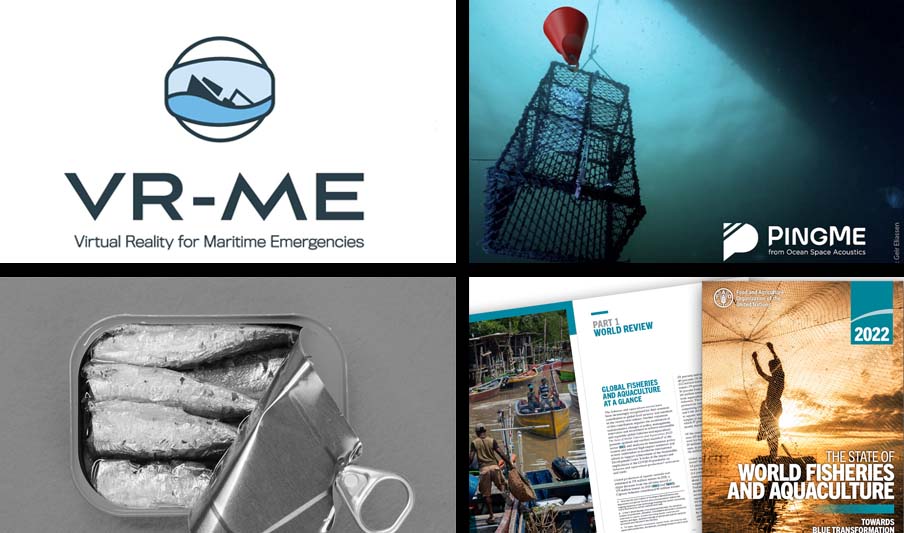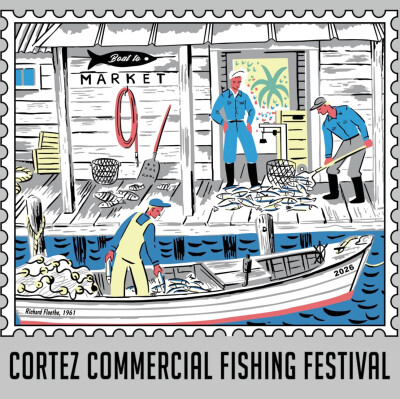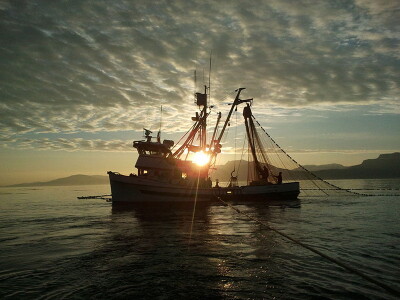While the regulations, tools and happenings across the commercial fishing industry are often regionally focused, there are plenty of national and international developments that impact people across regions, countries and entire ecosystems. With our new “World Fishing News” updates, our goal is to not only highlight these developments but also convey a sense of connection with these happenings that fishing stakeholders on every coast can see and understand.
Please get in touch with the National Fisherman team or connect on social media to provide us with news or points of connection that we can highlight in an upcoming World Fishing News update.
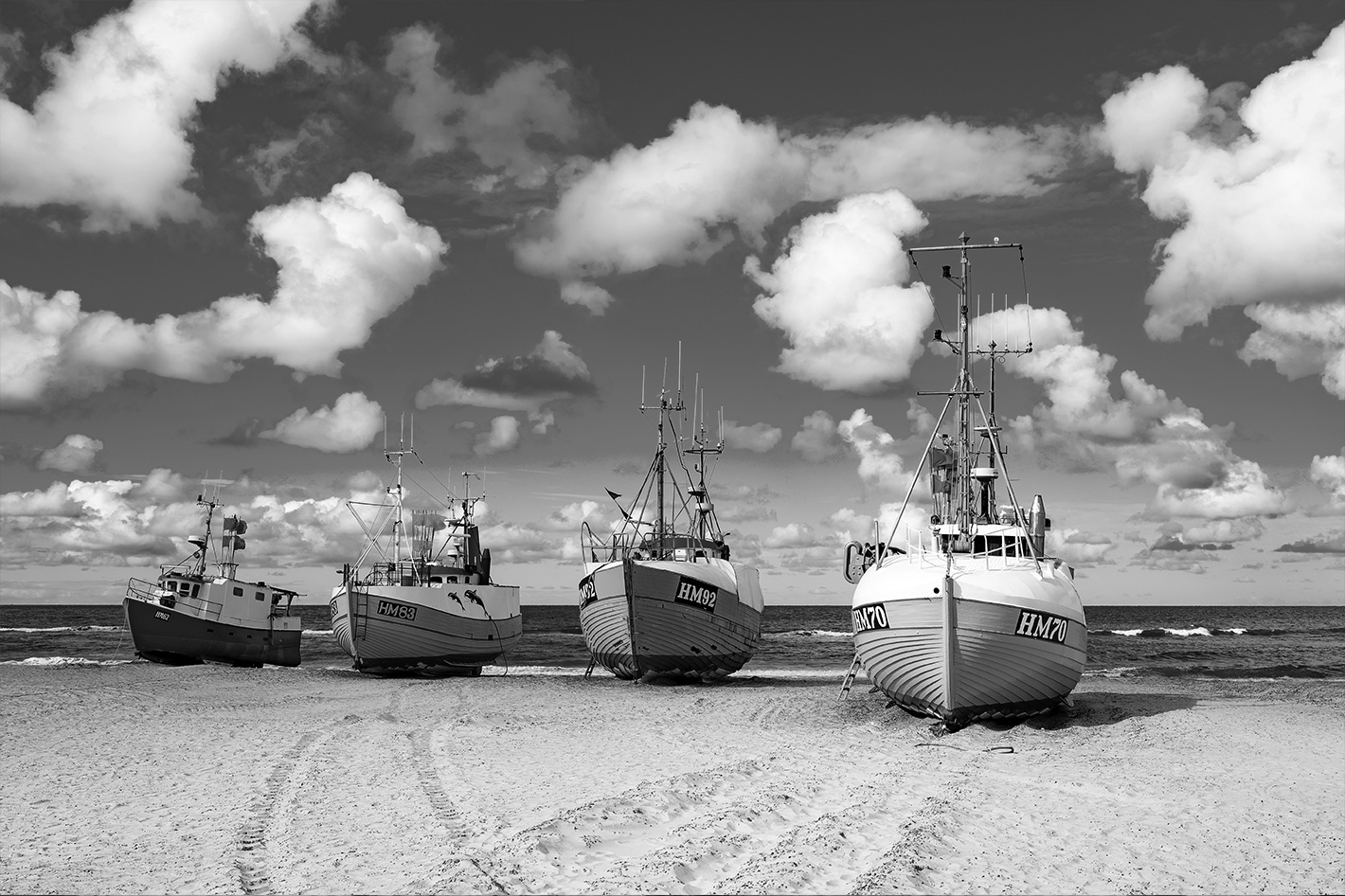 EU fishing sector against unworkable EU Taxonomy
EU fishing sector against unworkable EU Taxonomy
In 2020, the European Commission set up expert groups to produce criteria to categorize environmentally sustainable economic activities for each sector. However, the expert group for fisheries did not include any fishing industry stakeholder, only NGO representatives. As a result, the group produced unrealistic recommendations to the European Commission.
Now the EU fishing sector denounces lack of transparency and expertise in developing EU taxonomy standards for fishing, noting that “this unbalanced situation has led to significant gaps in the platform’s knowledge and expertise about the fisheries realities” and adds that “as a result, the vast majority of the EU fishing industry will not be able to reach alignment with the criteria, especially small-scale artisanal vessels”.
Bloomberg Philanthropies protects ocean abundance
As part of the Bloomberg Ocean Initiative, Bloomberg announced a $204 million investment to protect the ocean, coastal communities and marine ecosystems. The Bloomberg Ocean Initiative will invest $204 million to leverage data-driven solutions, policy solutions, and community involvement to protect coral reefs, stop illegal fishing, and safeguard marine ecosystems and biodiversity that are at risk from the growing impacts of climate change.
“The more international partners and funders we can bring together, the faster we can reach the ambitious target of protecting 30% of the ocean by 2030 – and the faster we can strengthen communities that depend on the ocean every day.” said Patricia E. Harris, CEO of Bloomberg Philanthropies.
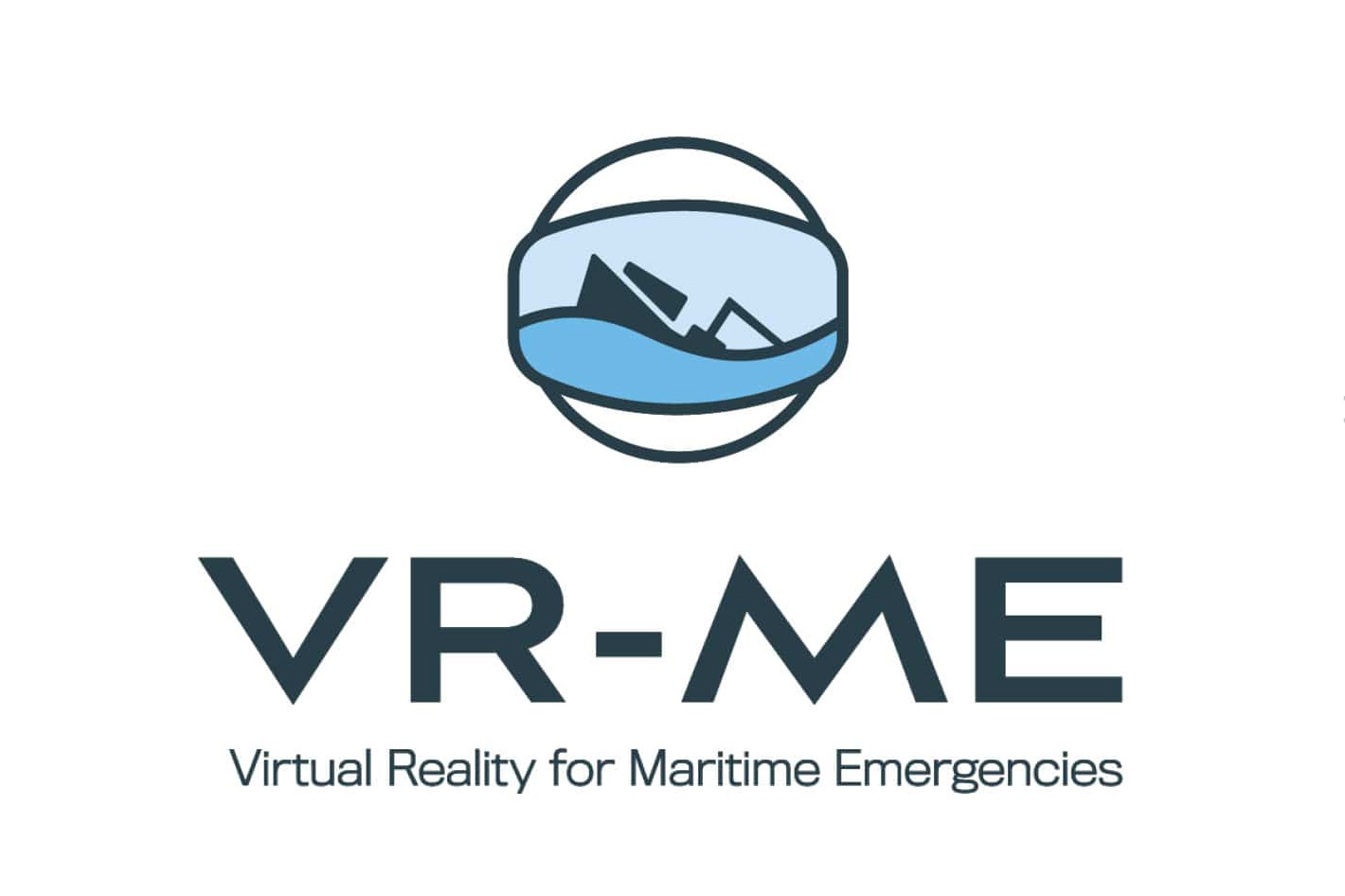 A virtual reality simulator for maritime emergencies
A virtual reality simulator for maritime emergencies
Aware that most of the fatal accidents on board fishing vessels are due to lack of knowledge on devices and emergency procedures, and non-completion of periodic training exercises and simulations, a consortium of EU fisheries experts have pooled their expertise to pioneer a new learning tool to better prepare crews for maritime emergencies, using Virtual Reality.
The 3D training course, Virtual Reality Simulator for Maritime Emergencies, is now publicly available to better face maritime emergency situations on board, decrease accidents and fatalities at sea and digitize the sector. This tool and training programme are the successful result of collaboration between the sector, safety specialist, training providers and IT experts.
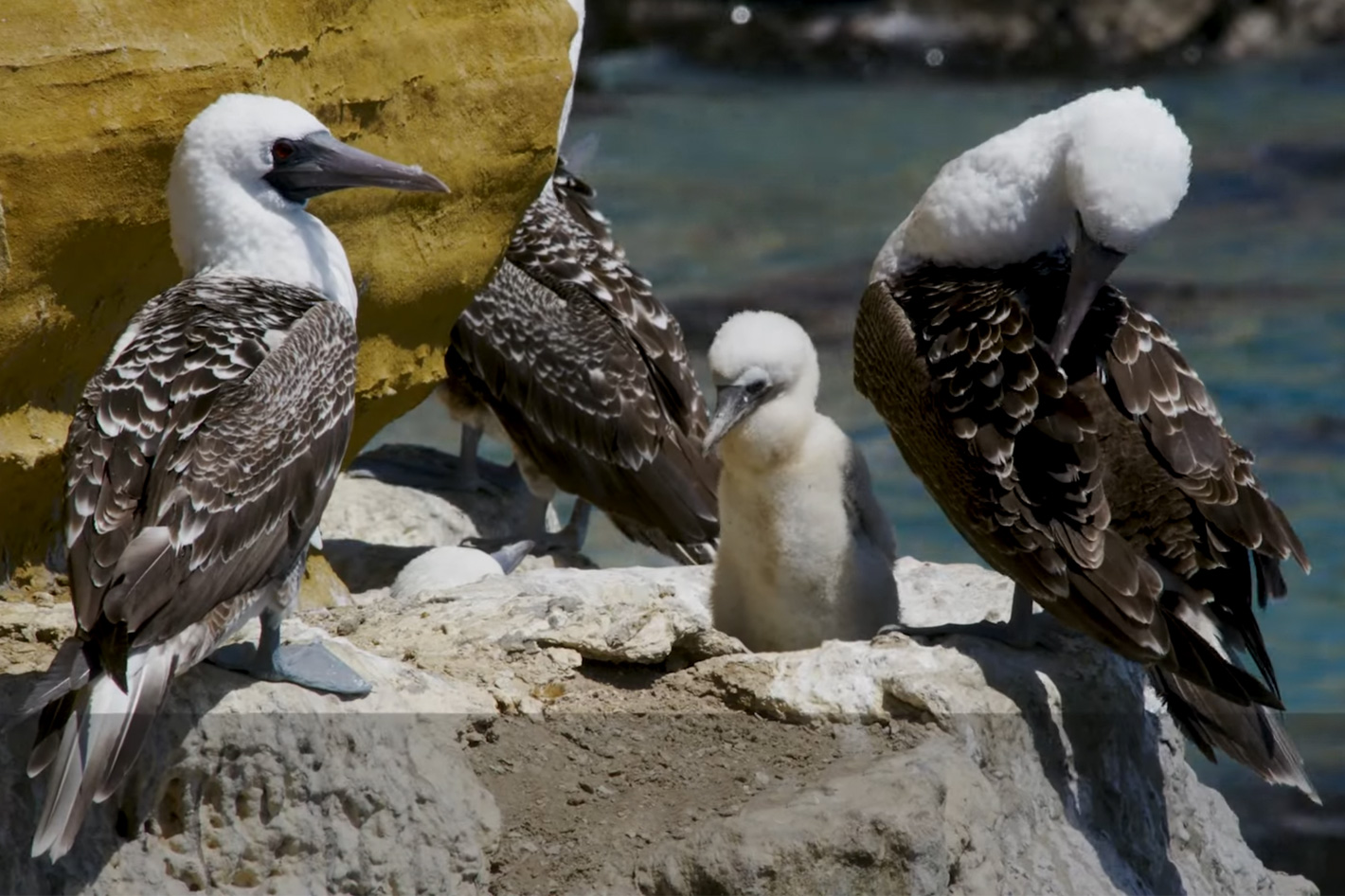 Seabirds: the new “Sentinels of the Sea”
Seabirds: the new “Sentinels of the Sea”
The Peruvian booby (Sula variegata), the most populous species of seabird inhabiting the Peruvian coast, is helping scientists in an innovative research project. Since November 2020, the team attached small GPS devices and video cameras to approximately 300 birds, helping to determine that an average of 20 percent of boobies interact directly with Peru’s largest fishing fleet.
Thanks to this footage, Peruvian scientists are obtaining invaluable information that will be a vital tool in proposing new policies for sustainably managing anchovy fishing activity. The birds have become an unexpected ally in fisheries monitoring helping to define the incidence of juveniles in catch, and helping to monitor fishing vessels, to signal vessels in non-permitted areas.
New research finds sustainable fisheries do not overfish
The Marine Stewardship Council (MSC), revealed that, according to a new research, fish stocks are more abundant when targeted by fisheries certified as sustainable. The study, published in the peer-reviewed journal Frontiers in Marine Science offers the most comprehensive analysis to date comparing fish stocks targeted by Marine Stewardship Council’s (MSC) certified fisheries and those without MSC certification.
The research compared publicly available data on the abundance of 80 fish stocks targeted by MSC certified fisheries with data on more than 90 stocks where fisheries lack MSC certification. The research verifies the MSC’s claim that seafood products carrying the blue tick come from fisheries that are well-managed with stocks that are not overfished. The analysis covered a wide range of species, including tuna, small pelagics and whitefish and the geographic areas of East and West Coast Canada, Japan, Pacific Ocean, Southern Africa, East Coast USA and the Atlantic Ocean.
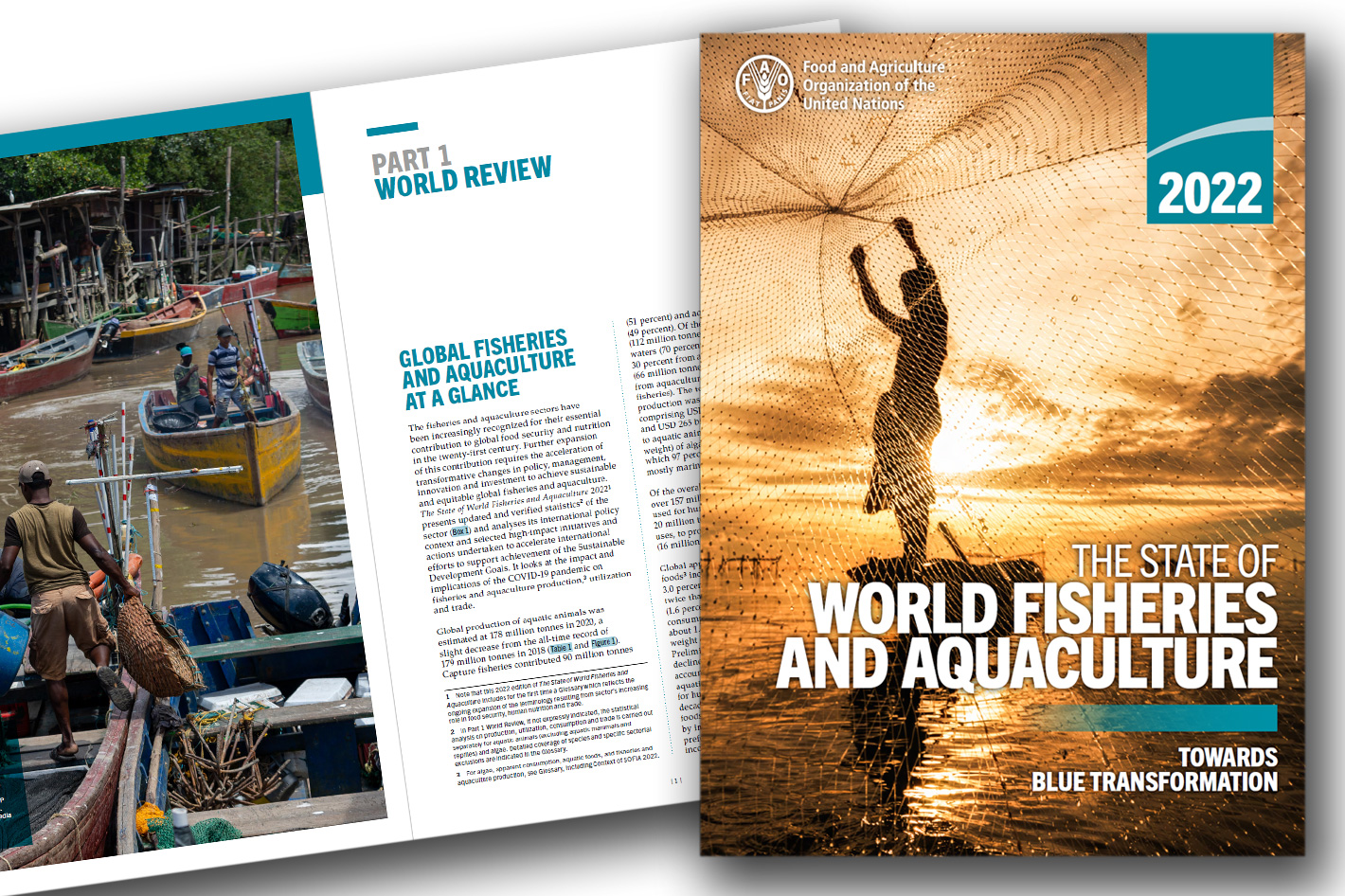 The State of World Fisheries and Aquaculture
The State of World Fisheries and Aquaculture
The 2022 edition of The State of World Fisheries and Aquaculture (SOFIA) is available to download. The 266-page document is the biennial flagship report of the FAO Fisheries and Aquaculture Division that analyses the status of global stocks as well as trends in fisheries and aquaculture at a global and regional level. SOFIA is a critical reference for governments, policy makers, academics, civil society and all actors working in the fisheries and aquaculture sector.
The edition of this issue coincides with the launch of the Decade of Action to deliver the Global Goals, the United Nations Decade of Ocean Science for Sustainable Development and the United Nations Decade on Ecosystem Restoration and how those are being integrated and supported through Blue Transformation, a priority area of FAO’s new Strategic Framework 2022–2031 designed to accelerate achievement of the 2030 Agenda for Sustainable Development in food and agriculture.
Canada announces plan to protect the oceans
Canada made a historic investment to protect the health of the oceans, including $976.8 million in funding over five years to reach ambitious marine conservation targets. Canada’s Government is committed to conserving 25 per cent of our oceans by 2025, and 30 per cent by 2030. According to the United Nations, the project, with a start date of September 16, “will not only give our important habitats, species and ecosystems a chance to survive and thrive, it will also help support the livelihoods of Canadians by ensuring that our oceans continue to provide sustainable benefits to our economy for generations to come, as part of a blue economy.”
To achieve its goals, Canada will build on and sustain meaningful partnerships with provincial, territorial, and Inuit and Indigenous governments, industry and local communities, to advance effective ocean planning and conservation activities.
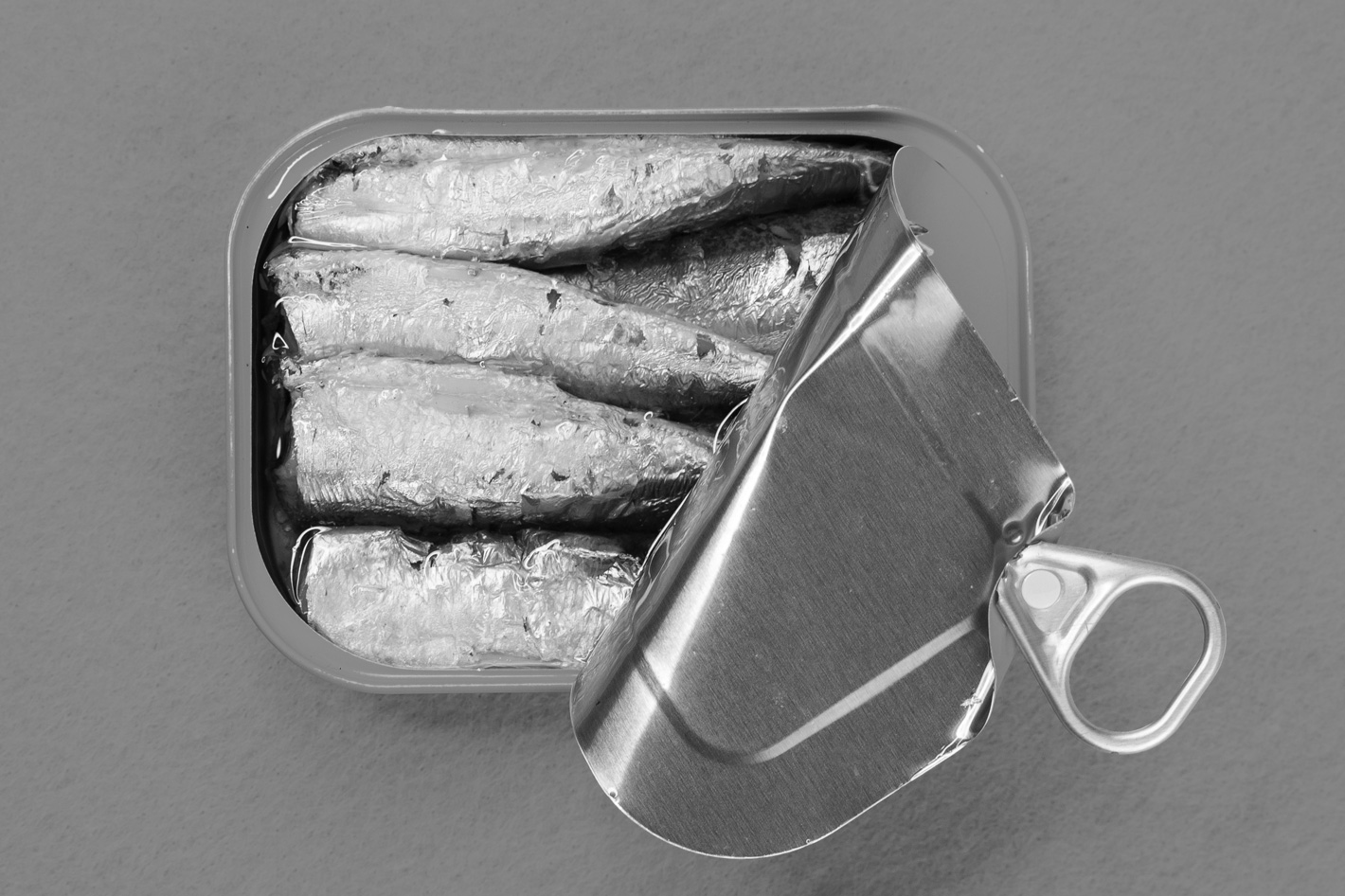 UK’s largest retailer, Tesco, buys from Cornish fishery
UK’s largest retailer, Tesco, buys from Cornish fishery
Available in all 767 Tesco stores, the new canned product, Tesco’s Finest Cornish Sardines in a Rich Tomato, Olive & Caper Sauce, is provided by a small-scale, sustainable sardine fishery in Cornwall that has won the backing of the UK’s largest retailer. One of the fishermen, Tom Pascoe, said “It’s fantastic to have this new Tesco product in store and the backing of a major retailer.”
According to the Business Cornwall website, this marks the first time the Cornish sardine is being canned in the UK for sale within the domestic market. The website adds that “the Cornish sardine fishery is made up of 15 vessels under 15m in length, usually consisting of a skipper and two crew. The vessels, which use ring nets, leave from Newlyn, Mevagissey, Falmouth and Plymouth from the start of the season in July through to February.”
https://www.msc.org/uk/what-we-are-doing/what-it-takes/cornish-hake/meet-the-fishermen-the-pascoes
ECOFIVE, a total concept for a factory trawler
Winner of an Innovation Award at the Nor-Fishing trade fair, the ECOFIVE trawler from BlueWild, Norway is a full fish processing factory in a trawler. The trawler is designed to deliver sustainability, quality, and efficiency on all levels. From new propeller technology and groundbreaking trawl handling, to ecofriendly catch pumping and innovative production facilities, the new trawler is set to revolutionize onboard processing with its ECOFIVE concept.
Skaginn 3X worked closely with the Bluewild team for the last two years to supply a full fish processing factory onboard the company’s innovative new trawler. In fact, a significant portion of the project’s innovation lies in the newly developed catch reception and handling of the trawl.
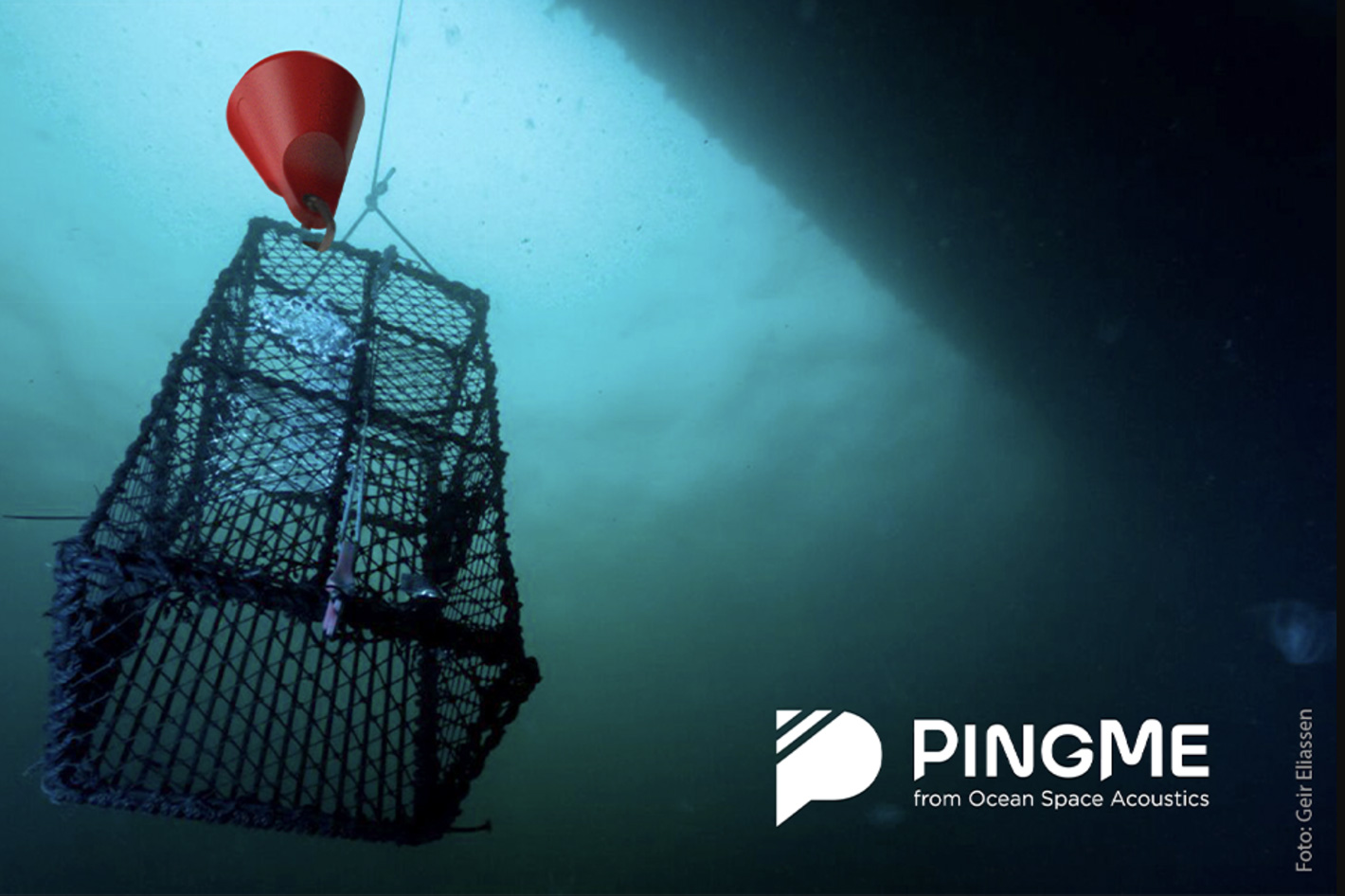 PingMe: no more loss of fishing gear
PingMe: no more loss of fishing gear
Nominated for the Innovation Award at the Nor-Fishing trade fair, PingMe is a smart and modern solution that solves the problem of ghost fishing and making vessels more efficient and profitable through giving critical information about the fisheries to the skipper. It is also designed to withstand the harsh and tough conditions on a fishing vessel.
With PingMe, Ocean Space Acoustics AS (OSAC) combine two important ideas: sustainable and future oriented fishing and improved profitability for the fishers. By tagging fishing gear with transponders, lost gear can be retrieved quickly. This reduces the amount of plastic in the ocean and the equipment cost of the fishers. The solution consists of a data platform, a transmitter/receiver service (on board) and a transponder with a unique ID. The transponder’s position is estimated and displayed on chart plotters, alongside the transponder’s ID and depth.





